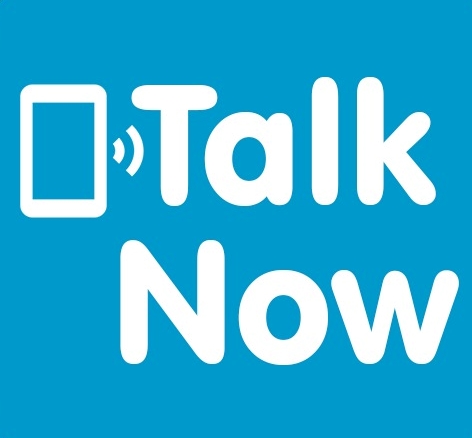Sometimes, English Grammar might seem complicated, and using some English words like ‘to’ and ‘for’ can be confusing too. In this post, we will understand the difference between these two words and where we can actually use them to make the most out of them.
English Grammar is a bit tricky and learning those rules is not easy. An English learner would require a lot of practice to be thorough with words like ‘to’ and ‘for’.
These two words – ‘to’ and ‘for’ are prepositions and interchanging any of these words would lead to the reader misinterpreting the meaning of the sentence. Make sure that you are using the correct preposition in the correct sentence. Using the wrong word in a sentence will make that sentence grammatically incorrect.
Usually, we use the preposition ‘to’ and ‘for’ to talk about the reason and purpose of why somebody did something to someone.
For example,
- I bought some chocolates to give to Kevin on his birth anniversary. (Verb)
I bought some chocolates for Kevin’s birth anniversary. (Noun)
- We exercise to stay fit. (Verb)
We exercise for our fitness. (Noun)
- We drink soda to feel refreshed. (Verb)
We drink soda for its refreshing taste. (Noun)
The word ‘to’ is also used to talk about movement or change in a direction. It is used as a preposition in case of any movement or a transfer or even a change towards a direction from one point to another.
For example,
- I need you to shift this table to the hall.
- I am shifting to the United Kingdom next month.
- We will go to the carnival this weekend.
Talking about the word ‘for’, it is used as a preposition and as conjunction too. More commonly, it is used as a preposition. We also use this word to thank someone, most importantly, the reason why we are thanking someone.
For example,
- Thank you for being with me during my hard time.















